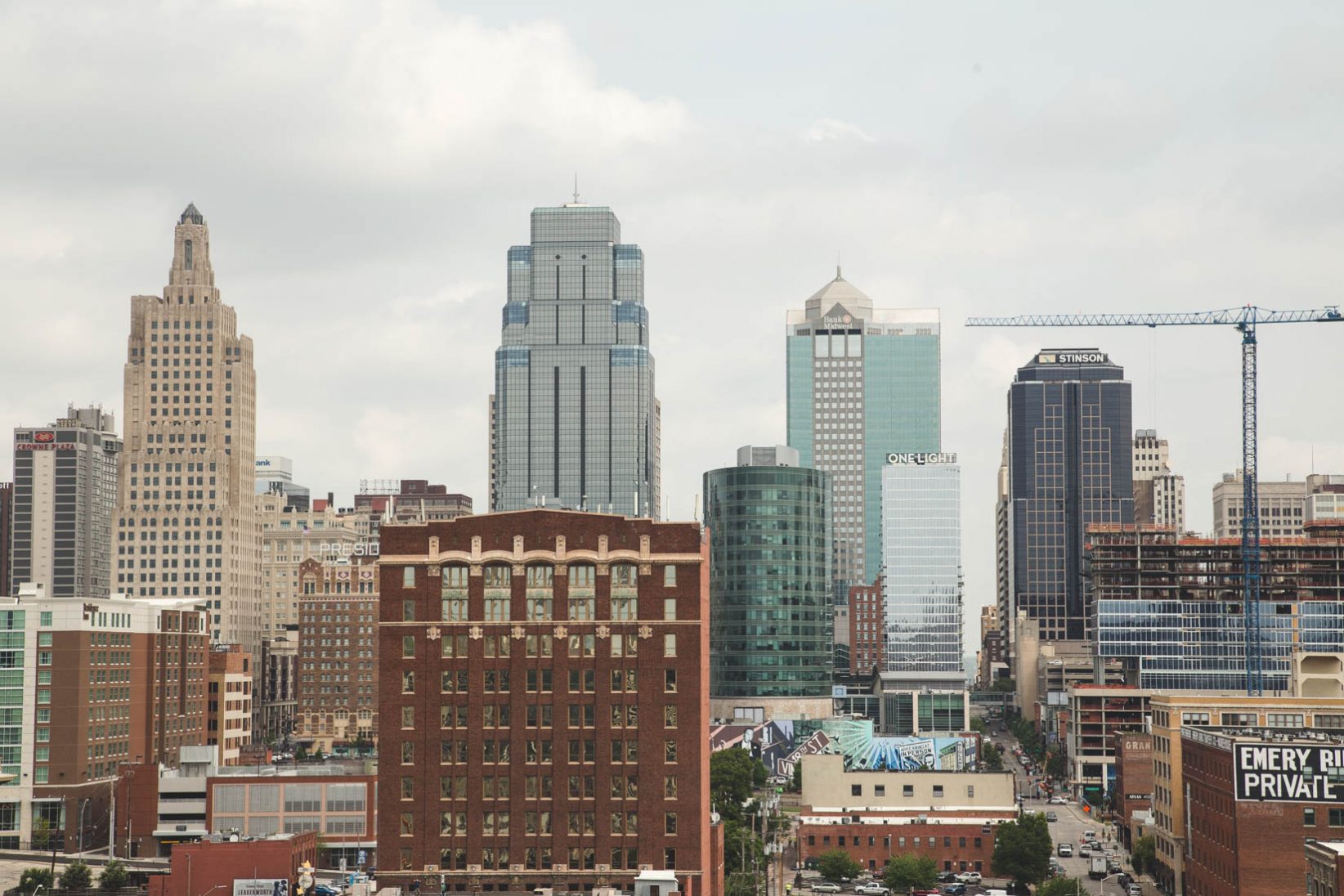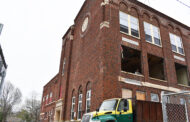Area non-profit, government and tech leaders are planning to help broaden community involvement in the Kansas City metro’s innovation ecosystem.
Organized by KC Digital Drive, the Gigabit City Summit: Local Edition — set for June 16 at Plexpod Westport Commons — will offer an immersive look into high-profile initiatives such as the Smart City effort and gigabit infrastructure. Discussions at the event will focus on topics including digital inclusion, civic innovation, entrepreneurial ecosystems, digital health and more.
Aaron Deacon, managing director of KC Digital Drive, said the summit will highlight Kansas City’s emergence as a digital leader.
“The local event is about Kansas City’s progress since becoming a gigabit city,” Deacon said. “This one-day event provides information, networking and human capital. We’ll hopefully pique some people’s interest and continue a conversation about the tools and the momentum going forward.”
The local event will precede a national, three-day Gigabit City Summit, which will be held in Kansas City from Aug. 1 to 3. In its third year, the conference is expected to attract about 400 people from over 50 cities around the country.
The local event should draw in a broader range of Kansas Citians, Deacon said.
“There a lot of people in Kansas City who are interested but don’t really understand the national scale of the smart city stuff that Kansas City is involved in but would like to know more,” Deacon said. “One reason we are doing a local edition is we want to collectively engage in the national and global gigabit ecosystem without strapping the resources of (Kansas City) individuals too much.”
His hope is that the local edition will foster a unified, regional conversation to engage officials from multiple cities within the metro area.
“The local event has a particular appeal to city officials from all the municipalities and counties here that are seeing all the (smart city) things Kansas City, Missouri, is doing and wondering what their role is,” Deacon said. “As we start to engage in more national networks like US Ignite and Next Century Cities or the National Digital Inclusion Alliance, we want to have metro-wide representation. … The question is, how do you effectively participate in these national networks of communities as one community, rather than as 75 different communities?”
A speaker at the event, Steve Fennel — director of telecommunications outreach at the University of Kansas Medical Center — said he is excited to be exposed to the innovative ideas happening in sectors outside of health care.
Fennel works with KC Digital Drive as a volunteer, facilitating monthly healthcare innovation meetings for the organization. He added that he is excited to tell the story of healthcare innovation in Kansas City.
“Both the KU Medical Center and the University of Kansas Health Systems are interested in new ways of reaching patients and new ways of educating the next wave of healthcare providers,” Fennel said. “Participating in the event is a unique avenue to be able to get exposure to new ideas.”
Additional speakers and panelists include: Bob Bennett, KCMO chief innovation officer; Jonathan Wagner, founder of Big Bang; Alan Howze, chief knowledge officer for Kansas City, Kan.; and Keith Gary, president of Kansas City Area Life Sciences Institute and more.
Deacon said Kansas City is emerging as a national leader in gigabit fiber networks and innovation ecosystems. He added that while the local event will strengthen what the community is already doing well, the national three-day event will put the city’s efforts on display to world leaders.
“I think Kansas City has been at the forefront of this conversation for a while now and we’ve continued to have a legitimately good story to tell,” Deacon said. “Part of the idea behind the summit is to stay at the forefront and to keep that dialogue going.”
Launched in 2012, KC Digital Drive was formed after Google Fiber’s arrival in Kansas City and was initially charged with the task of best leveraging the gigabit network. In the years since, KC Digital Drive has generated $1.25 million in direct financial support for programming and technology projects in digital inclusion, health care, education, events and community investment.
For more information about the local and national summits, click here.








































